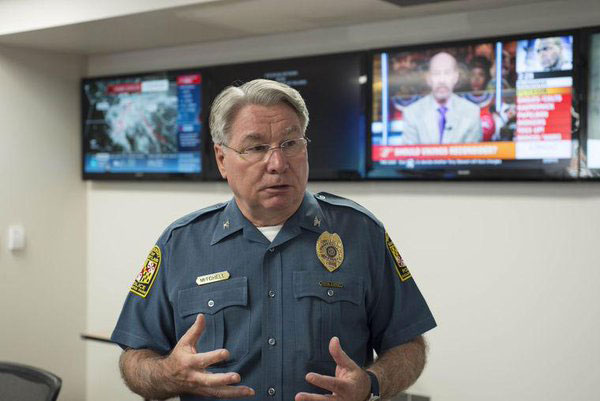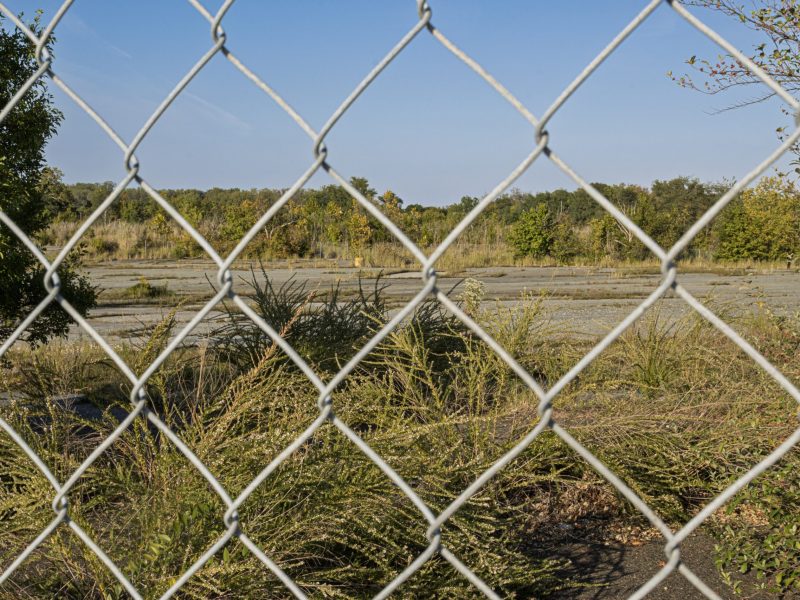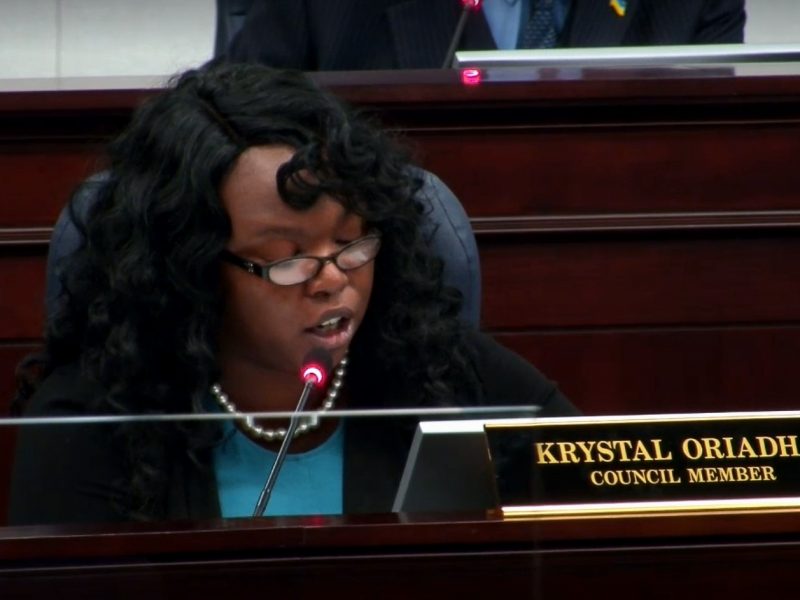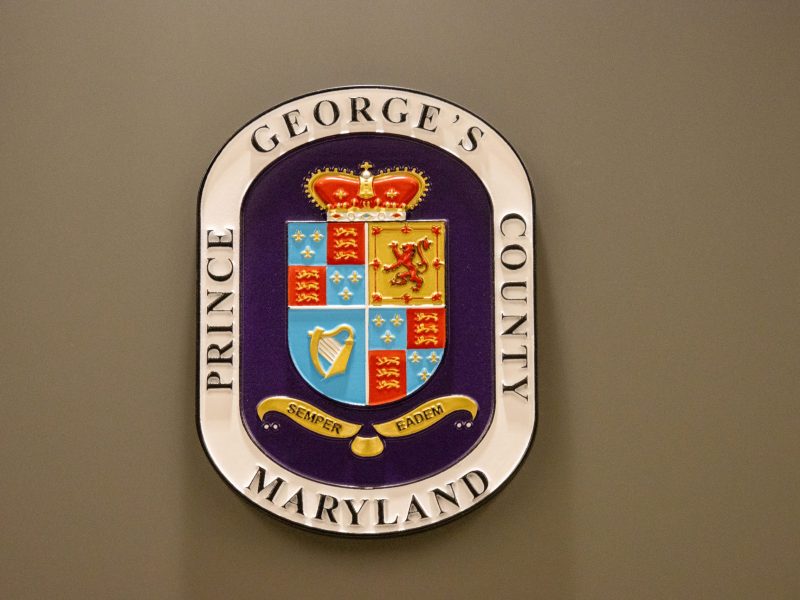In the beginning of 2016, members of the Political Latinxs United for Movement and Action in Society, a campus advocacy organization, saw who they believed to be U.S. Immigration and Customs Enforcement officers conducting raids on undocumented immigrants.
The officers, according to PLUMAS President Erica Puentes, were “stopping many Latinos and asking them for identification information” in the Langley Park area, a five-minute drive from the campus.
In early January, the Obama Administration authorized a number of raids on undocumented immigrants living illegally in the United States, particularly in Georgia, Texas and North Carolina. Immigrant rights groups in Maryland were unable to confirm raids occurring in this state, but the groups did cite elevated occurrences of other enforcement actions, according to a Baltimore Sun report, including agents knocking on doors.
Out of concern for what might happen on this campus, particularly in the wake of what they’d witnessed in Langley Park, PLUMAS sent a letter to University Police Chief David Mitchell on Jan. 6 requesting that campus police keep students safe on the campus.
“We wanted to send the letter to find out how the school police department would act just in case [U.S. Immigration and Customs Enforcement officers] did try to come to campus,” said William Chavez, the historian for PLUMAS.
In the letter, PLUMAS explained the group had heard “many reports of raids and checkpoints in Prince George’s County,” and that though they are aware ICE tends to avoid “sensitive locations” like schools, they wanted more information on “UMPD’s collaboration with ICE and its policies regarding immigration enforcement in College Park.”
The Diamondback received Mitchell’s response to PLUMAS, in which he explained that although UMPD does not have the legal authority to prevent ICE from conducting operations in the city of College Park, he could confirm “university officers have not participated in any raids or checkpoints with or on behalf of ICE.”
“Similar to Prince George’s County procedures, University of Maryland officers do not honor ICE detainers without a warrant,” he wrote. “Our collaboration with ICE is minimal at most and rare indeed.”
Junior African-American studies major Erica Puentes said she hopes sending this letter to the campus police department will unite students on the campus and spark collaboration among student organizations.
“If we organize with other groups on campus, we can make sure that everyone on campus is safe,” Puentes said. “It’s not just Latinxs we are looking out for; we are looking out for all immigrants who fear the ICE.”
Puentes said some members also reported seeing immigration raids around University Boulevard.
“It was really scary to hear something like that because it is so close to campus and we do not want the ICE to come take the undocumented students,” she said.
Yvette Lerma, the university’s coordinator for latin@ student involvement and advocacy, said she was proud PLUMAS sent the letter and stressed the importance of addressing the issue, citing lower attendance rates in schools since the raids began.
“We need to protect each other; even if one may not relate to a certain situation, we should all get the opportunity to get an education without worrying about people coming to get them,” Lerma said.
Chavez, a senior criminal justice and criminology major, said his parents are here legally, but they often feel scared going out to do errands or work.
“They feel that just being Latinx is something that the police would just overlook and think, ‘Oh, they must be illegal,'” Chavez said.
It’s problems like these that Puentes said she hopes to have solved. Mitchell wrote in his response that University Police has the same interest as PLUMAS to keep the community safe from the raids.
“We in UMPD value the diverse and special community we are a part of in College Park,” Mitchell wrote. “Every day we work tirelessly to ensure the health and well-being of every member of our community.”



